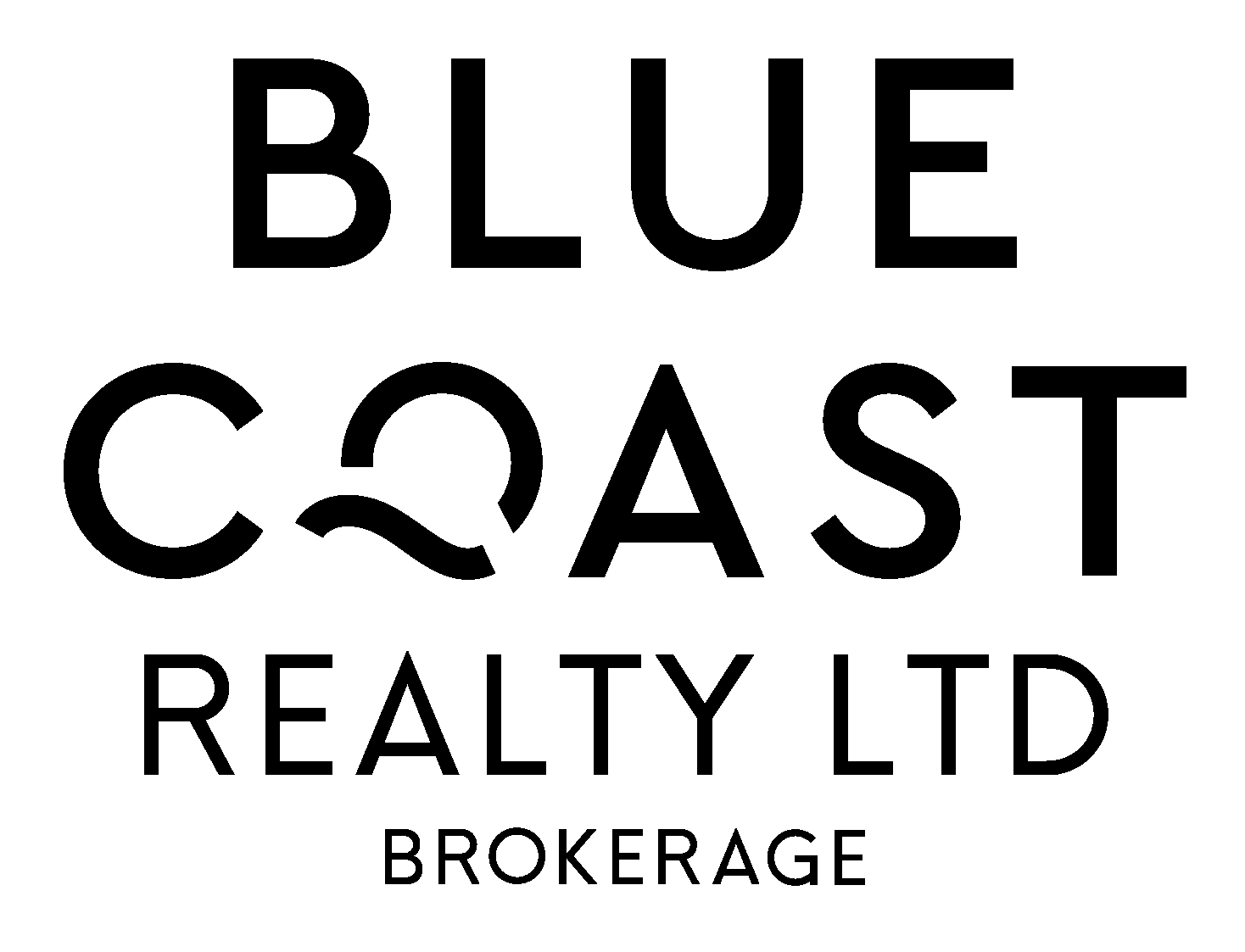
Selling your house is a big leap, especially for those who've put a lot of work into their home. There are a ton of moving parts, and complexities when selling, which is why we're here today to break it down for you into bite-sized chunks.
1. Research and Interview Realtors
Interview a few real estate agents to see who can help you sell your home. You'll want to ask them questions about their brokerage, experience and what they would do to market your home.
Ask to see any marketing plans they use for properties, provide examples of their work, and the typical reach from social media, websites, radio, signage, showings and open houses. Make sure you feel comfortable with the agent and that they seem like they will be able to get the job done.
2. Sign the Listing Agreement
You will need to sign a document called the listing agreement. But before signing each part of the listing agreement, your agent will explain what each part means to you, and also the relationship options you have with the brokerage. And you'll be given plenty of time to read it over.
This document states the conditions of the relationship between you and your real estate agent. Your sales rep or broker will help you understand this document. After you fully comprehend the information, you can sign your name and put initials in boxes next to details like the sale price, commission rate you agreed on, what rights you're giving the agent to market and sell your home, as well as any other important information.
3. Prepare Your Home
After that, your real estate professionals will tell you what to do to get ready to sell. They will start promoting your property to potential buyers as soon as possible. So be prepared ahead of time by doing things like getting your house clean, decluttered and fixing any problems. Your agent may recommend staging as well.
4. Marketing Material
Once your home looks its best, it's time for photography, and videography. Your agent will put together a listing complete with edited photos and videos that will go on their personal website, or the MLS, depending on what's been agreed upon. Online ads, radio ads, social media posts, reels, stories, signage, live videos, and tours will commence.
5. Exclusive Listings and Multiple Listing Service
On the listing agreement, you will have indicated whether the listing will be exclusive for a period of time, or if it will immediately go up on MLS. Your agent will likely market your property by using a multiple listing service for maximal exposure.
6. Showings and Open Houses
Your realtor can begin private showings as soon as they are given permission. While open houses usually start after the property has a few days of marketing exposure. You'll be kept in the loop with regular communication on this activity. So ahead of time before showings and open houses you'll know exactly what's happening.
7. Review and Decide on Offers.
When one or more offers are made, you will be presented with them and you are able to choose which offer, including any terms and conditions attached or not attached with it. You can accept, reject or counter any offer you receive.
If you're in a client relationship, and not in a multiple representation situation, your realtor will provide both information and advice for you to make the most informed and strategic decision possible. Agents are hired to help you make decisions. If your agent tells you why they don't like an offer from a buyer, listen carefully. They probably have a good reason. When an offer makes sense you can choose to accept it.
8. Fulfill Conditions
The listing agreement will have determined commissions payable to your agent and any co-operating brokerage, and any other costs. If you accepted an offer that had conditions, they would need to be fulfilled in the agreed upon time frame.
9. Plan the Move
Next, you'll need to focus on moving to your new home or other place to live. If you're moving locally, this may be easy. But if you're relocating to another town or province, there will need to be some planning involved either with friends and family, or a moving company.
10. Completion Day
You'll pay any remaining fees, finish the sale process. You'll sign the paperwork from your lawyer and give the buyer the keys and the deal is closed. And that is how a home is sold.



